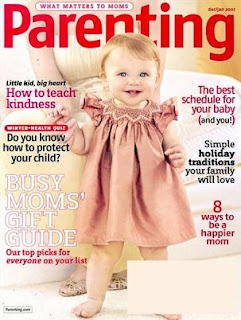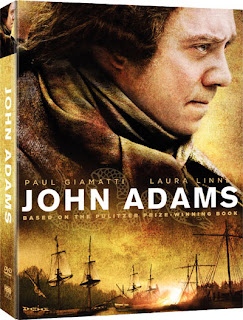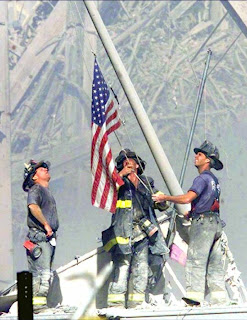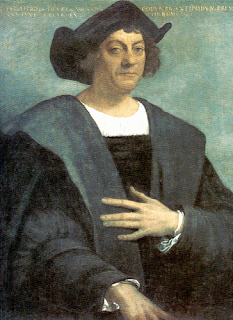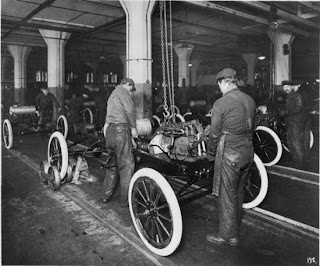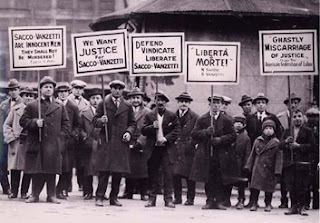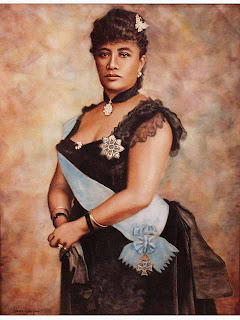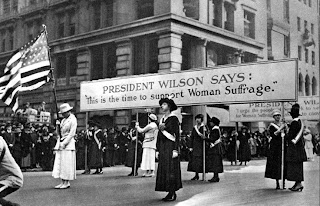
Welcome back seniors! Get ready to have a great year in child psychology class. Here is the
link to the A Child's World website. Use it to help review for chapter tests.
The following will explain or remind you of the first couple of assignments.
1. Chapter 3 Reading Quiz on pgs. 47-56 Friday, Sept. 12
In order to do well on these 10 question quizzes you must read the assigned pages carefully. Most of the material will be discussed in class, however, there are a few concept questions that you can only obtain from the text. Plan ahead and read!
2. Article Report Due Friday, Sept. 26
Below is the handout given to you in class...
Article Report Requirements:
You must find an article that has a minimum of 3 pages of print. If you find an article that is less than 3 pages, you may find another article that is on the same topic and use both articles. The article must be from a magazine or newspaper. You will need to do a reference and summary for each individual article. You will do one analysis/interpretation for both articles. You could use our
library databases to find an article as demonstrated in class. Newsbank may be helpful. Include a copy of your article with your report.
Format: Set up your paper exactly as the following. Use the number and the proper heading.
1. Reference:
Follow APA format. Example from a magazine article…
McLaughlin, C. (2005, November 2). Do you know APA format? Newsweek, 50-53.
Retrieved November 15, 2005 from Gale Group Database.
Use the
APA library link to help with citations. http://www.liunet.edu/cwis/cwp/library/workshop/citapa.htm
2. Summary:
a. State the major facts presented in the article
b. Use one/two sentences for each fact
c. Number each fact. This section is in list format, not essay!
d. If you read a 3 page article, 12-18 facts are expected
3. Interpretation and Analysis:
This section is to be done in an essay format. Include a short introduction paragraph. You must have transition sentences between each paragraph. Use only Times New Roman font 12. Double-space this section.
Paragraph 1How does the information relate/compare to material in the text or notes? You may need to read ahead in your notes. Make specific comparisons. Cite the information in your text with the author and page number. You should have at least one reference from the text. Use APA format.
Example: In Papalia, Olds and Feldmen (2002), blah, blah,… (p.58)
Paragraph 2Who would find this information useful? Why would they find it useful? How could the target audience use this information? What is your opinion of the information presented in the article? What do you think of the solutions the author presents? What would you change to make the article better for the target audience? If you like the structure of the article be sure to state your reasons.
Paragraph 3What hypotheses, theories or thoughts have you developed as a result of reading this article? If you have thoughts about solutions to problems presented in the article, state them in this paragraph. Be sure to elaborate in this paragraph. Are there related areas that you could comment on in this paragraph? Add comments or ideas that could reach beyond the exact information stated in the article. Think about the individuals involved. How do you think they deal with the problem, situation, etc. Any real life experiences that you can present are welcomed in this paragraph.
How you will be graded:
Article- 5 pts.
Reference- 12 pts.
Summary- 20 pts.
Transition sent.- 3 pts.
Interpretation/Analysis- 60 pts. (Each paragraph is worth 20 pts.)
Note:
- There will be a deduction of 10 points for each day the article report is late.
- If you are absent from class on the due date, it will still count as being late. In this case you may email me the report. malbanese@stmarkshs.net
